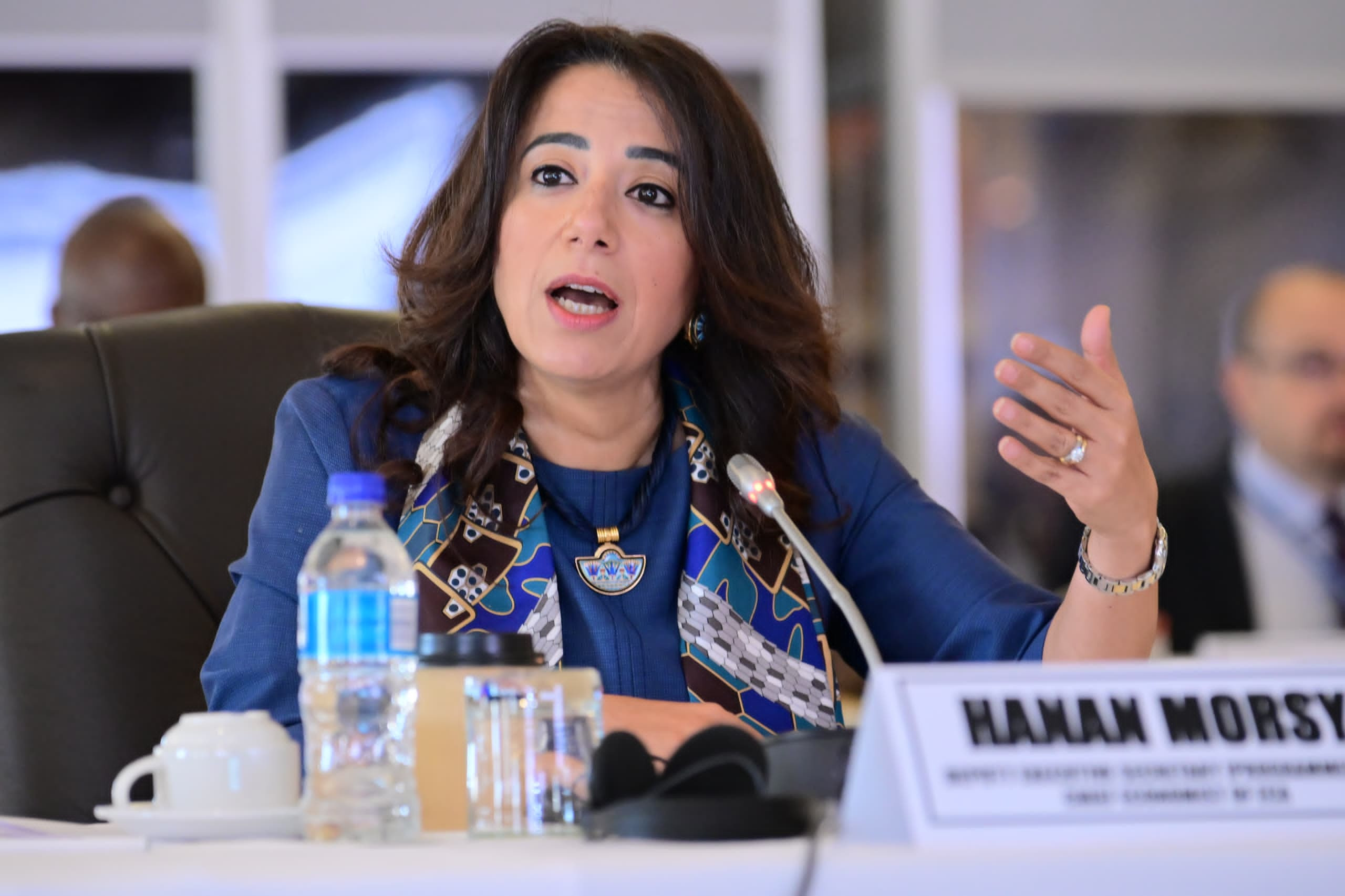To deepen domestic resource mobilization on the continent, countries should broaden their national tax base, says Hanan Morsy, Deputy Executive Secretary, ECA

Victoria Falls, Zimbabwe, 2 March 2024 (ECA) - To deepen domestic resource mobilization, countries should double efforts to broaden their national tax base, said Hanan Morsy, Deputy Executive Secretary and Chief Economist UN Economic Commission for Africa at the closing of the Experts Segment of the 56th session of African Conference of Ministers, spanning three days of dynamic and thought-provoking discussions ahead of the arrival of the Ministers in Victoria Falls, Zimbabwe
On broadening the tax base, she said that Africa has the lowest tax to GDP ratio across the regions. Optimising our tax collection efforts is imperative for sustainable development,” adding that countries can begin by improving their efficiency of public spending, ensuring that every dollar invested delivers maximum returns.
“It is not just about investing in the right areas; it is also about doing them in the best possible way to minimize waste and maximizing impact,” she stressed.
On the question of taxation, she recommended progressive tax systems, digitalization through electronic tax filing and removing ineffective tax exemptions.
ECA is currently piloting research on assessing optimal taxation of the digital and technology sectors.
Climate change, she said has exacerbated the situation of an already shrinking fiscal space with increasing financing needs, leading to a vicious cycle of investment shortfalls that increase exposure risk and worsen impact, further eroding fiscal space and increasing financing cost.
“It is important for African countries to leverage their assets, starting by harnessing the most valuable asset of all - human capital,” said Ms. Morsy, adding that “empowering and equipping our youth will be crucial to shape our shared future.” To achieve this, stressed Morsy, “we must continue to prioritize innovation and invest in skills and education.”
She noted that Africa’s path to sustainable development hinges on three crucial elements:
First, addressing the issue of finance and investment to attract more affordable and concessional finance to the continent through the reform of the global financial architecture.
“This also requires de-risking projects to attract private sector investment that is needed to boost the meagre 14% share of private sector in Africa,” she said.
Secondly, at the regional level, countries must transform potential and ideas into tangible action through concrete bankable projects. She underscored that the success of regional initiatives and approaches “depends greatly on our ability to effectively implement the African Continental Free Trade Area (AfCFTA). As such, countries should continue to foster the creation of regional value chains in critical sectors like minerals and electric vehicles (EVs), food and energy systems and technology.”
“Regional collaboration can energize our joint determination to foster economic diversification, industrialization, and intra-regional trade, to catalyze positive transformation throughout our continent,” stressed Ms. Morsy.
Lastly, Ms. Morsy called for national level actions such as creating an enabling environment and adequate policy and regulatory frameworks. “This entails optimizing public revenue and spending, streamlining lengthy permits and approval processes and fighting untransparent regulations and policy inconsistencies, monitoring and reporting properly the use of proceeds and aligning with medium- to long-term strategic priorities,” she said.
The experts report which explored a spectrum of instruments and mechanisms aimed at financing the transition to inclusive green economies in Africa will be presented to the Finance ministers meeting this week from 4 -5 March 2024 for purposes of advancing the agenda.

